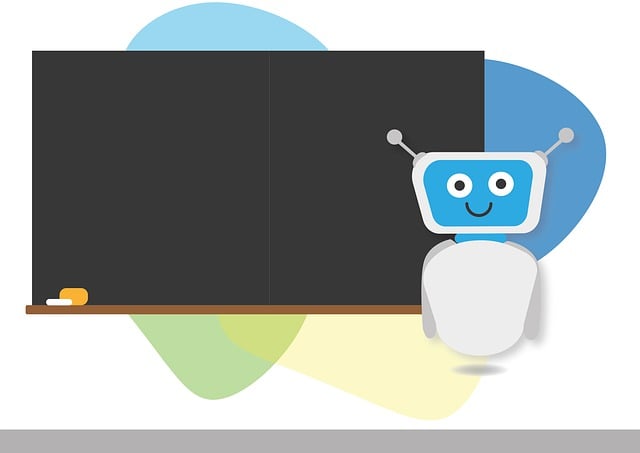In today’s fast-paced and competitive work environment, it takes more than just technical skills and knowledge to be successful. Employers are now placing a greater emphasis on emotional intelligence, or EQ, when it comes to hiring and promoting employees. But what exactly is emotional intelligence and why is it important in the workplace? In this article, we will delve into the concept of emotional intelligence, its impact on workplace dynamics, and how individuals can develop and improve their EQ.
Defining Emotional Intelligence
Emotional intelligence, as the name suggests, is the ability to understand and manage one’s own emotions, as well as the emotions of others. It encompasses a range of skills, including self-awareness, self-regulation, empathy, and social skills. It is not just about being able to control one’s emotions, but also about using them in a positive and effective manner.
In the workplace, emotional intelligence is crucial for building and maintaining relationships, managing conflicts, and making sound decisions. It is also closely linked to leadership, as leaders with high EQ are better able to inspire and motivate their team members.
The Impact of Emotional Intelligence in the Workplace
A study by TalentSmart, a leading provider of emotional intelligence assessments, found that 90% of top performers possess high levels of emotional intelligence. This suggests that individuals with high EQ are more likely to excel in their careers and contribute to the success of their organizations. On the other hand, employees with low EQ may struggle with communication, teamwork, and dealing with stress and pressure.
One of the key benefits of having a high EQ in the workplace is the ability to manage and resolve conflicts. When individuals are able to understand and regulate their own emotions, they are less likely to react impulsively or aggressively in a conflict situation. They are also better equipped to empathize with the other person’s perspective and find a mutually beneficial solution.
In addition, emotional intelligence plays a crucial role in effective communication. People with high EQ are able to express their thoughts and feelings clearly and listen actively to others. This leads to better collaboration, increased productivity, and a positive work environment.
Developing and Improving Emotional Intelligence
The good news is that emotional intelligence is not a fixed trait and can be developed and improved over time. Here are some ways individuals can enhance their EQ in the workplace:
1. Practice self-awareness: The first step to improving emotional intelligence is to be aware of one’s own emotions. Take time to reflect on your thoughts and feelings, and how they may be impacting your behavior and interactions with others.
2. Learn to manage emotions: Once you are aware of your emotions, it is important to learn how to manage them effectively. This involves recognizing triggers and finding healthy ways to cope with them, such as deep breathing or taking a short break.
3. Develop empathy: Empathy is the ability to understand and share the feelings of others. To improve this skill, try to put yourself in someone else’s shoes and consider their perspective before reacting.
4. Communicate effectively: Effective communication is a key component of emotional intelligence. Practice active listening, use assertive communication techniques, and be mindful of your body language.
5. Seek feedback: Feedback from colleagues and supervisors can provide valuable insights into your emotional intelligence. Be open to constructive criticism and use it to identify areas for improvement.
In conclusion, emotional intelligence is a crucial factor in the success of individuals and organizations in the workplace. It not only helps individuals to manage their own emotions, but also to understand and connect with others. By developing and improving their EQ, individuals can enhance their communication, teamwork, and leadership skills, leading to a more positive and productive work environment.





